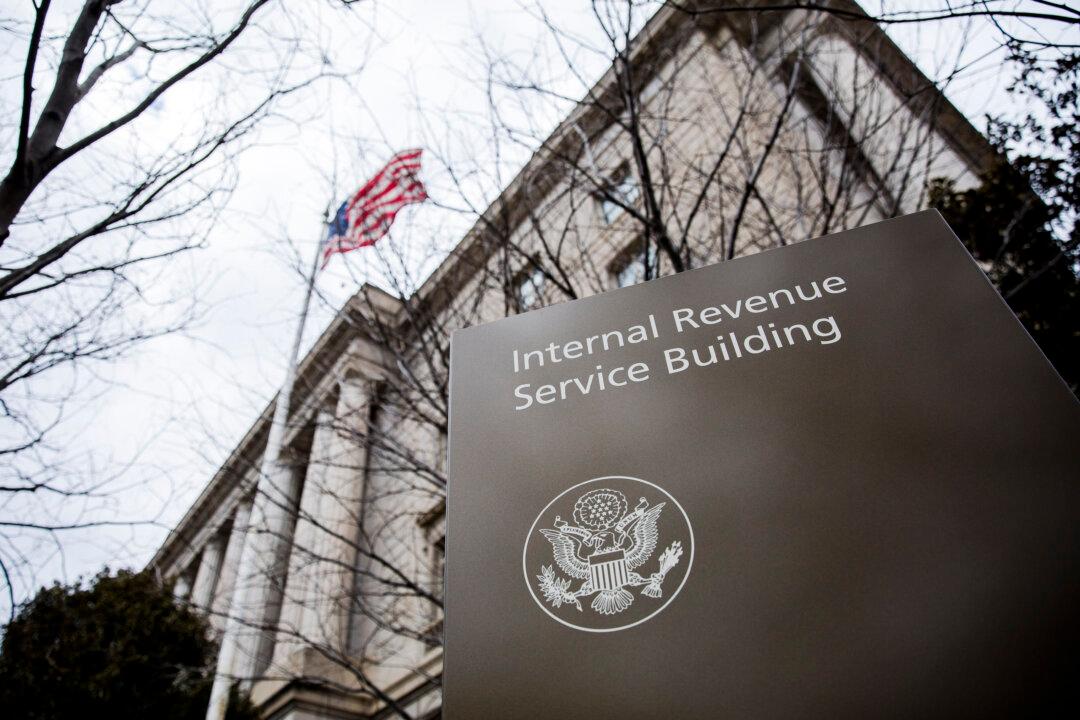The Supreme Court agreed on June 21 to hear an appeal from a Romanian-American businessman who was fined $50,000 for failing to file tax forms on time, but whose penalty ballooned to $2.72 million when an appeals court ruled the fine should be imposed based on the number of bank accounts he held, instead of on the number of forms he failed to file.
The Biden administration, which wants to beef up enforcement efforts by the IRS, favors the larger penalty and had asked the high court to refuse to take the case.





